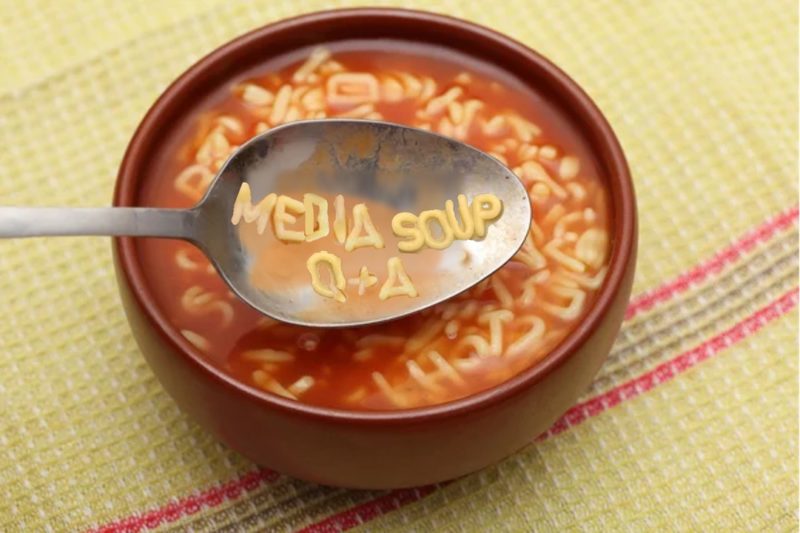We covered End-to-end encryption (E2EE) before, first back in 2020 when Zoom’s claims to do E2EE were demystified (not just by us; they later got fined $85m for this), followed by the quite exciting beta implementation of E2EE in Jitsi using Chromium’s Insertable Streams API. A bit later we had Matrix explain how their approach […]
Search Results for: microsoft
The Hidden AV1 Gift in Google Meet
Earlier last week a friend at Google reached out to me asking Does Meet do anything weird with scalabilityMode? Apparently, I am the go-to when it comes to Google Meet behaving weirdly :). Well, I do have a decade of history observing Meet’s implementation, so this makes some sense! It turned out that this was […]
WebCodecs, WebTransport, and the Future of WebRTC
Explore the future of Real-Time Communications with WebrtcHacks as we delve into the use of WebCodecs and WebTransport as alternatives to WebRTC’s RTCPeerConnection. This comprehensive blog post features interviews with industry experts, a review of potential WebCodecs+WebTransport architecture, and a discussion on real-time media processing challenges. We also examine performance measurements, hardware encoder issues, and the practicality of these new technologies.
coturn: No Time to Die – Q&A with new project leads
New coturn project leads Gustavo Garcia and Pavel Punsky give an update on the popular TURN server project, what’s new in STUN and TURN standards, and the roadmap for the project
Revealing mediasoup’s core ingredients: Q&A with Iñaki Baz Castillo
I interviewed mediasoup’s co-founder, Iñaki Baz Castillo, about how the project got started, what makes it different, their recent Rust support, and how he maintains a developer community there despite the project’s relative unapproachability. mediasoup was one of the second-generation Selective Forwarding Units (SFUs). This second generation emerged to incorporate different approaches or address different use cases a few years after the first generation of SFUs came to market. mediasoup was and is different. It is node.js-based, built as a library to be part of a serve app, and incorporated the Object-oriented approaches used by ORTC – the alternative spec to WebRTC at the time. Today, mediasoup is a popular SFU choice among skilled WebRTC developers. mediasoup’s low-level native means this skill is required.






